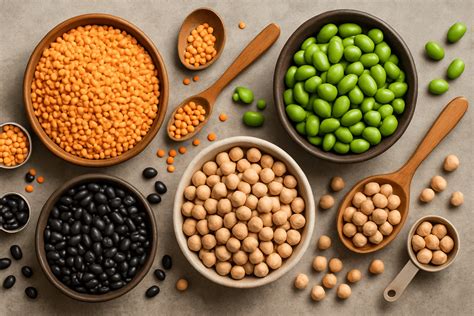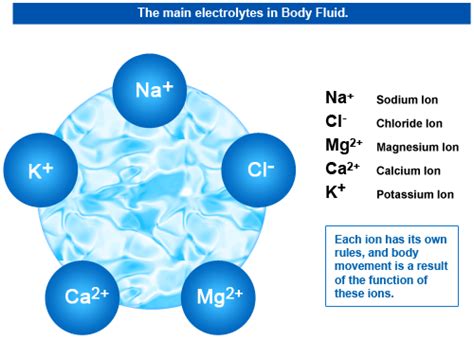What post-workout nutrition maximizes muscle repair & next-day recovery for peak male performance?

The Critical Window: Why Post-Workout Nutrition Matters
For men aiming to achieve peak physical performance, whether in the gym, on the field, or in daily life, what you consume after your workout is just as important as the workout itself. The post-exercise period is a critical window for kickstarting the recovery process, repairing damaged muscle fibers, and replenishing energy stores. Neglecting this crucial phase can hinder progress, increase soreness, and impair subsequent performance.
Understanding the science behind post-workout nutrition allows you to make informed choices that accelerate recovery, promote muscle growth, and maintain high energy levels for the challenges ahead. It’s about more than just satisfying hunger; it’s about providing your body with the precise fuel it needs to rebuild stronger.

Macronutrients: The Foundation of Recovery
Protein: The Building Blocks of Muscle
After strenuous exercise, muscle fibers experience micro-tears. Protein is paramount for their repair and subsequent growth. Consuming high-quality protein post-workout provides the essential amino acids necessary for muscle protein synthesis (MPS). Aim for 20-40 grams of protein, ideally from sources rich in leucine, such as whey protein, lean meats, eggs, or plant-based options like soy or pea protein. The faster these amino acids reach your muscles, the quicker the repair process begins.
Carbohydrates: Replenishing Energy Stores
During intense workouts, your body depletes its glycogen stores – the primary fuel source for muscles. Replenishing these carbohydrates is vital for energy restoration and preventing muscle breakdown. Consuming fast-digesting carbohydrates helps spike insulin levels, which aids in shuttling nutrients, including amino acids, into muscle cells. Aim for 0.8-1.2 grams of carbohydrates per kilogram of body weight, depending on the intensity and duration of your workout. Examples include fruits, white rice, potatoes, or specific post-workout recovery drinks.

Healthy Fats: Supporting Overall Health
While protein and carbohydrates take center stage immediately post-workout, don’t overlook healthy fats. Though not critical for immediate post-exercise nutrient delivery, incorporating a modest amount of healthy fats (e.g., from avocados, nuts, seeds, or fatty fish) into your overall recovery meal can support hormone production, reduce inflammation, and provide sustained energy. Avoid excessive fat intake immediately post-workout as it can slow the digestion and absorption of proteins and carbohydrates.
Micronutrients & Hydration: The Unsung Heroes
Hydration: Rebalance and Restore
Water loss through sweat during exercise can significantly impact performance and recovery. Dehydration leads to reduced endurance, impaired cognitive function, and delayed recovery. It’s crucial to rehydrate by consuming water and electrolytes lost during your workout. Sports drinks or electrolyte-rich foods can be beneficial, especially after long or intense sessions. Aim to drink 1.25-1.5 liters of fluid for every kilogram of body weight lost during exercise.

Vitamins and Minerals: Catalysts for Recovery
Don’t underestimate the role of micronutrients. Vitamins and minerals act as cofactors in numerous metabolic processes vital for recovery, including energy production, immune function, and antioxidant defense. A balanced diet rich in fruits, vegetables, and whole grains will provide a broad spectrum of these essential nutrients. Vitamin C, E, Zinc, and Magnesium are particularly important for reducing oxidative stress and supporting tissue repair.
Strategic Supplementation for Enhanced Recovery
While whole foods should always be the priority, certain supplements can complement your post-workout nutrition strategy:
- Creatine: Helps replenish ATP stores for energy and can aid in muscle strength and growth.
- BCAAs (Branched-Chain Amino Acids): Can reduce muscle soreness and fatigue, though a complete protein source usually provides sufficient BCAAs.
- Glutamine: Supports immune function and gut health, which can be stressed during intense training.
- Omega-3 Fatty Acids: Known for their anti-inflammatory properties, which can aid in recovery from muscle damage.
Always consult with a healthcare professional or a registered dietitian before introducing new supplements to your regimen.

Crafting Your Optimal Post-Workout Meal
For peak male performance and accelerated recovery, a well-planned post-workout meal should ideally be consumed within 30-60 minutes after exercise. This ‘anabolic window’ is when your muscles are most receptive to nutrient uptake. A balanced meal might look like a protein shake with fruit, chicken and rice, Greek yogurt with berries and granola, or a recovery bar specifically designed with a good carb-to-protein ratio. Tailor your intake to your specific training goals, body weight, and exercise intensity. Prioritizing consistent, high-quality post-workout nutrition is a non-negotiable step towards maximizing muscle repair, reducing next-day soreness, and consistently performing at your best.








